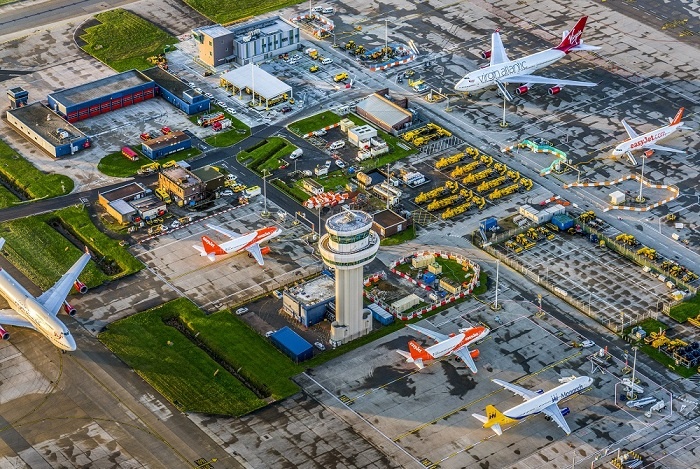Which? reveals stark decline in airline punctuality

Punctuality in the skies has drastically deteriorated in the last five years – inflicting misery on millions of passengers and often leaving them out of pocket.
That is according to a Which? analysis of almost ten million flights.
The consumer organisation looked at Civil Aviation Authority data from 2014 to 2018 and found that eight of the UK’s ten busiest carriers have seen an increase in delays of more than an hour – with an estimated 17 million passengers affected last year alone.
Which? is concerned that some airlines and airports have failed to match the rapid growth in the number of flights with the resources needed to handle an increase in traffic – resulting in huge inconvenience and added expense for passengers when connecting flights or trains are missed.
Yet these people are unlikely to be entitled to a penny in compensation.
Delays of one hour or more with Ryanair have more than doubled in the past five years, from three per cent in 2014, to nearly eight per cent. easyJet also saw an increase from under five per cent in 2014 to almost nine per cent last year. The same could be said for Wizz Air, who went from three per cent to over six per cent.
Thomas Cook passengers were the most likely to face a delay of at least an hour, with a one in nine (11.5 per cent) chance of getting back from their holidays at least an hour late.
When it came to the airports, Stansted was the UK’s worst for delays by some margin – with more than twice as many departing flights delayed by an hour than at Heathrow, the busiest airport in the country.
Delays at Stansted have been getting worse every year for the last five years – and passengers now have a one in ten chance of being delayed by an hour or more. At Heathrow, the number of flights delayed by an hour or more is just four per cent.
A key difference between the two airports is that Stansted has grown from handling fewer than 20 million passengers in 2014 to over 25 million passengers in 2018, while
Heathrow has not made a significant increase to the number of flights it operates.
Thomas Cook, Ryanair and easyJet have all increased the number of flights they operate by between 30 per cent and 70 per cent since 2014, according to the CAA data. The airlines offered a range of explanations for their poor performance – including issues with weather, airspace or strikes. The European Organisation for the Safety of Air Navigation, commonly known as Eurocontrol, told Which? the carriers themselves were most often to blame for delays. Other airlines have shown that it is possible to maintain punctuality as the skies get busier.
Despite more than doubling its operations in the five years to 2018, Jet2 has reduced the number of delays of one hour or more from 5.9 per cent in 2014 to 5.3 per cent in 2018. British Airways has also improved its punctuality – down to 4.5 per cent of its arrivals delayed in 2018 compared to 4.7 per cent by more than an hour in 2014. Dutch airline KLM was the least likely to be delayed, with just two per cent of flights held up by an hour or more in 2018. However, this is up from 1.5 per cent in 2014.
Which? Travel’s Naomi Leach, said: “It is unacceptable for passengers to be regularly inconvenienced with delays that can leave them hundreds of pounds out of pocket when they miss connections or transfers, are fined for picking up their hire car late or miss their train or cab home.
“While compensation is available for some delays, many passengers won’t qualify for compensation and will have far fewer options available to them.
“The worst airlines and airports need to ensure they have the staff and facilities to run an on-time service – and that they look after their customers when delays do occur.”
